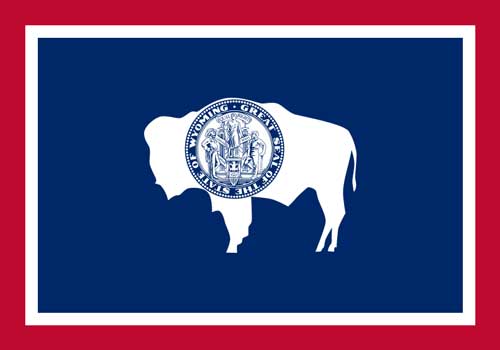Daycare costs in Wyoming are moderate compared to national averages but vary significantly by region. In urban areas like Cheyenne, weekly costs for infant care range from $200 to $300 due to higher demand and operational expenses. Rural regions are more affordable, with costs averaging $150 to $200 weekly, though families often face limited access to licensed daycare providers due to low population density.

Several factors contribute to daycare costs across Wyoming:
These factors create a diverse daycare landscape in Wyoming, with disparities between urban and rural areas.
Daycare services in Wyoming prioritize affordability, safety, and accessibility through the following components:
These components ensure quality childcare while addressing the unique challenges of providing services in a sparsely populated state.
Wyoming has implemented several initiatives to support affordable childcare and improve accessibility:
While these programs alleviate some financial burdens, rural areas continue to struggle with service availability and accessibility.
Daycare costs in Wyoming vary significantly by region:
These regional disparities underscore the need for expanded licensed daycare services across the state.
Wyoming’s daycare system reflects its commitment to affordability but highlights challenges in accessibility and quality. Urban areas like Cheyenne and Casper provide diverse daycare options but at higher costs, while rural regions offer affordability but struggle with service availability. Expanding subsidies, increasing licensed facilities, and enhancing workforce support are critical steps to ensuring equitable childcare access across the state.